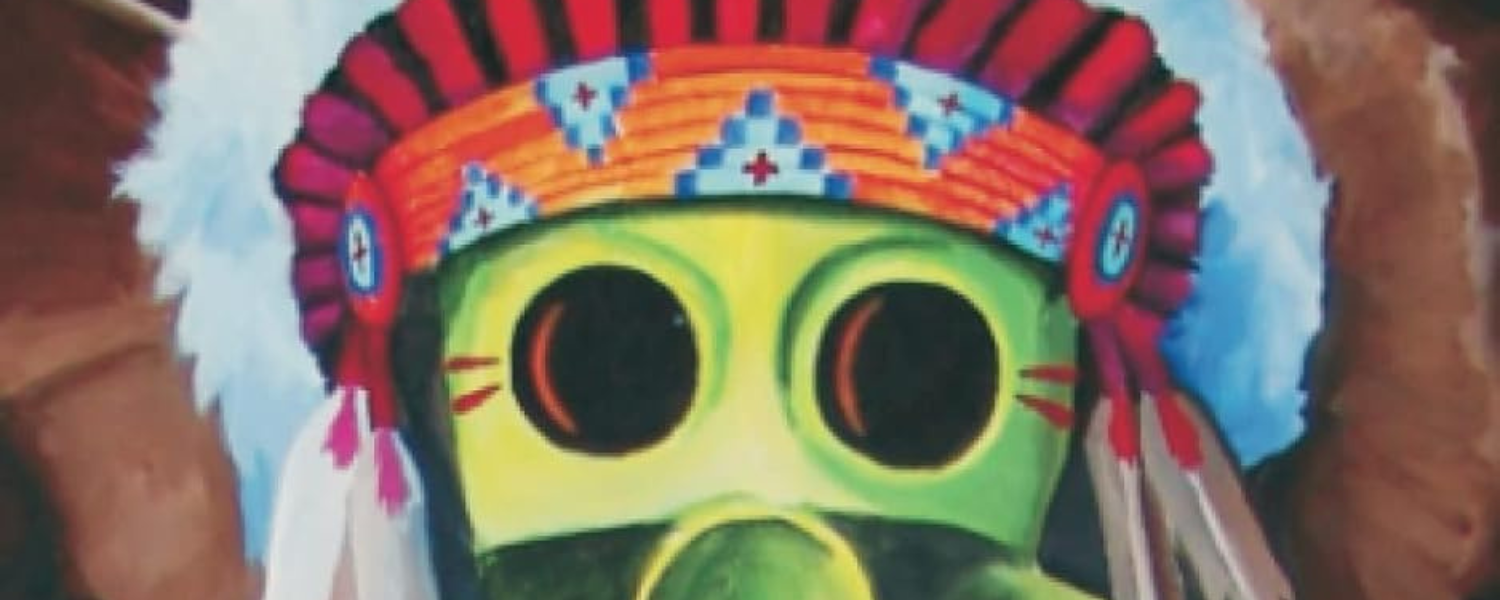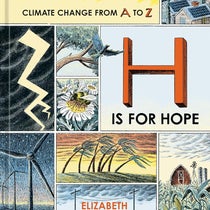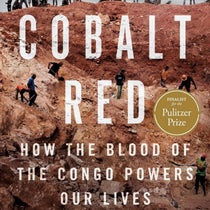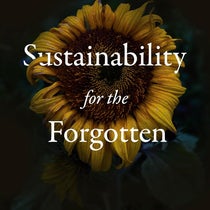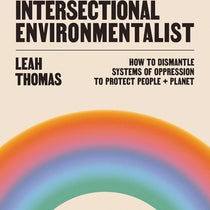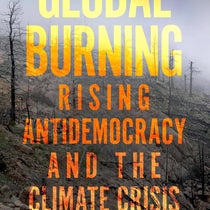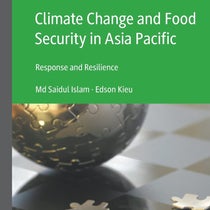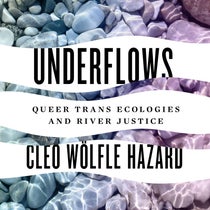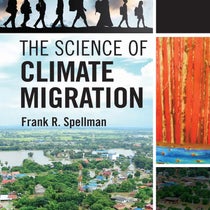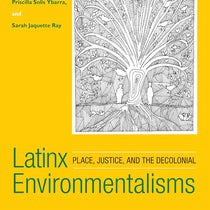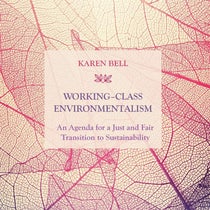Green Reads: Red Alert! Saving the Planet with Indigenous Knowledge
“In a world where increasing numbers of people live in highly manufactured landscapes of suburbs and subdivisions, the ancient deep special knowledges of people and place held by American Indians and Alaska Natives are crucial if humankind is to find sustainable ways to live in a life enhancing manner.”
- Red Alert! Saving the Planet with Indigenous Knowledge by Daniel R. Wildcat
Red Alert! Saving the Planet with Indigenous Knowledge by Daniel R. Wildcat is at once an admonishment of American and European imperialism that has devastated indigenous peoples and continues to occupy and destroy the lands to which they’re connected, and a treatise on the unique expertise and knowledge indigenous people have of their homelands. Though this knowledge that has been passed down for thousands of years is often dismissed without much consideration, we must acknowledge that the solution to the climate crisis may lie deep in these ancient traditions.
Wildcat points to the Menominee Nation, also known as the Kaeyas-Machatiwduk, meaning the Ancient Ones, who are experts in forestry in what we now refer to as Wisconsin. Readers also learn about the advanced irrigation systems of the Hohokam, created a couple hundred years before the arrival of Christopher Columbus. The important history of the Hohokam civilization situated in what is now called Phoenix, Arizona could be the key to mitigating droughts in the region. Their canals were complex and thoughtfully developed over hundreds of years. Wildcat writes that, “[t]he system even featured a canal that extended 20 miles beyond its river source.”
Red Alert! Saving the Planet with Indigenous Knowledge recognizes the biggest disconnect impeding the masses from meaningfully engaging in sustainable living as increasing isolation from nature. Wildcat stresses that the alarming changes in the ecosystem are easily ignored if one is not regularly existing in nature. Spending more and more time indoors and behind screens where our primary interactions with the natural world are through the internet, Wildcat refers to a kind of “ecological amnesia” and offers this rebuke, “[h]umankind immersed in industrial and postindustrial societies tend to look at themselves, or more accurately, look through their human creations in order to see the world… What we see is not the world but our own images with the aid of powerful information and imaging technology that we mistake for the world beyond ourselves.” Albeit a small step, we can begin by being. Being in and with nature. Viewing one another as neighbors and understanding the world around us is more than a resource to extract from.
“This red alert expresses a desire for urgent action based on respectful attentiveness. This Red Alert is about hope, not fear.” - Daniel R. Wildcat
What we can do (as outlined in Red Alert!):
- “Reduce use of gasoline-fueled vehicles and dependance on coal-generated electricity,”
- “…recalibrate our comfort indices and our overall habits of consumption,”
- “…move from fulfilling advertisement-induced wants to fulfilling needs.”
- “…consider adopting an indigenous political discourse and practice based on inalienable responsibilities.”
- “Encourage difficult discussions…”
- “We should not wring our hands about this situation but roll up our sleeves and get to work.”
More recommended reading on the subject
- Our Knowledge is not Primitive: Decolonizing Botanical Anishinaabe Teachings by Wendy Makoons Geniusz; illustrations by Annmarie Geniusz
- Fresh Banana Leaves: Healing indigenous Landscapes Through Indigenous Science by Jessica Hernandez, PhD
- Indigenous Critical Reflections on Traditional Ecological Knowledge edited by Lara A. Jacobs
- Maya Wisdom and the Survival of our Planet by Lisa J. Lucero
- Because this Land is Who We Are: Indigenous Practices of Environmental Repossession by Chantelle Richmond, Brad Coombes, Renee Pualani Louis
- Decolonize Conservation: Global Voices for Indigenous Self-Determination, Land, and a World in Common edited by Ashley Dawson, Fiore Longo, and Survival International

